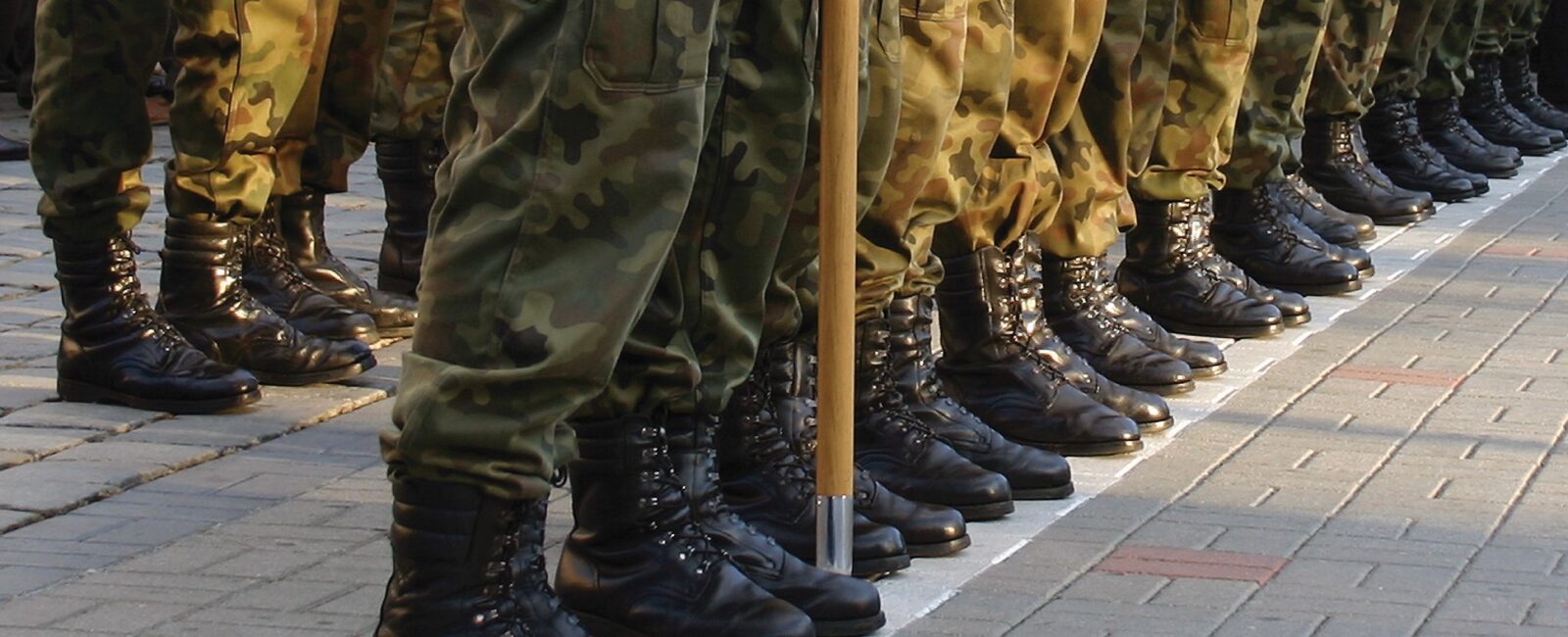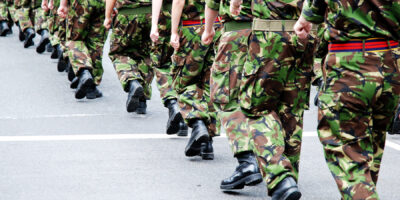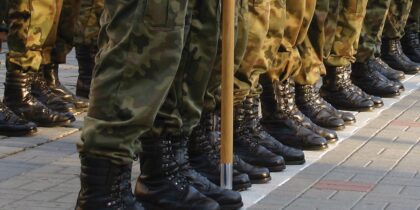The mental health of veterans of the UK Armed Forces and its link to offending have often been the subject of concern over the last decade. A variety of social and psychological factors affect the lives of veterans and may have occurred before, during or after their time in the service, as our work Across the Wire demonstrates.
The Media
Contrary to the common media discussion, most people who serve in the UK Armed Forces do not suffer with mental health difficulties, even after serving in some of the most challenging environments possible. The majority who return from a combat zone say they have had a fulfilling experience, according to Greenberg. Despite this, portrayals of PTSD in the media often seem to paint a picture of a greatly enhanced risk in servicemen returning from the recent Iraq and Afghanistan conflicts, divergent to a growing body of research finding no difference between veterans & combat troops and their civilian counterparts.
Early Service Leavers
The literature suggests that there is one group whose needs are consistently not fully met, either by the Armed Forces or by society: the Early Service Leaver. The Early Service Leaver is typically a single young man with difficulties adjusting to change, poor social skills, limited education, dyslexia and dyscalculia. Their early discharge is either due to their general unsuitability to Forces life or because of breaches in military codes of conduct and discipline, with some of these cases possibly being a reaction to military life rather than a product of military life. Since the degree of support offered to integrate back into civilian society is often proportionate to the length of service, the Early Service Leaver must be seen as a potential hotspot for a range of issues, including mental health difficulties. Further exploration and analysis of this group is necessary, as is the establishment of process to identify vulnerable individuals and ensure that they get the support necessary.
Veterans and mental health problems
PTSD is a serious health problem that requires good quality care for those who experience it and their families. However, depression, anxiety and alcohol abuse are far more prevalent among veterans, especially in those who leave the Service early. Whilst mental health services in the NHS and charities should respond to the needs of the veterans and their families, reported rates of common mental health problems in veterans are actually comparable with the civilian population.
Stigma and discrimination have the potential to massively impact on all aspects of the lives of people with mental health problems, including service personnel and veterans. Efforts should continue to be taken to reduce stigma and discrimination towards mental health problems in the Armed Forces and among veterans.
Alcohol
Alcohol has always played a significant role in military life, and the harm caused by heavy and sustained consumption is now well publicised. Excessive alcohol use can mask existing mental health problems and lead to dependence. The levels of alcohol consumption in the military are significantly higher than in similar age groups in the general public. This should be addressed, requiring a cultural shift in the Armed Forces, with leadership at all levels promoting sensible drinking.
Criminal Justice
Veterans are reported to comprise approximately 3.5% of the total prison population. Much more work is required to understand the context of this group’s history, service life, mental health needs and alcohol use. MoD data suggests that when a veteran sample is compared to a civilian sample, 20% fewer veterans are in prison. A full analysis of the available data is required to identify particularly vulnerable groups within the veteran population and ensure that their needs are properly met.




